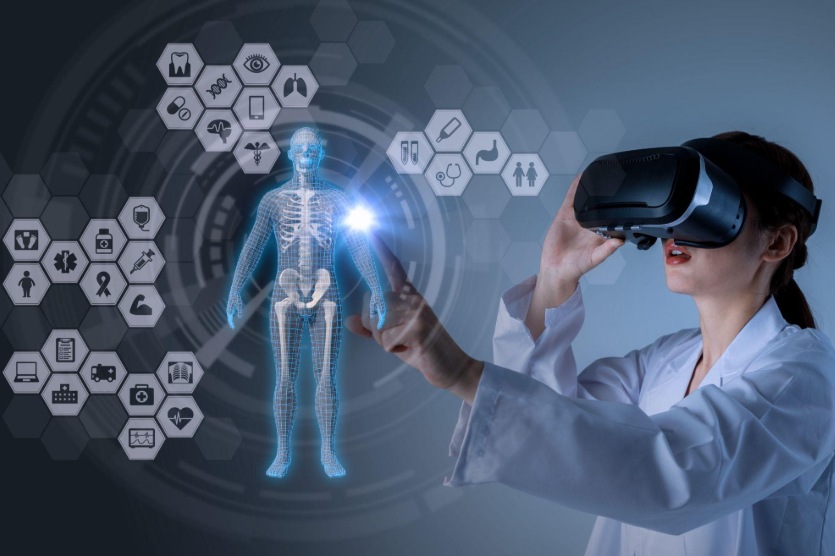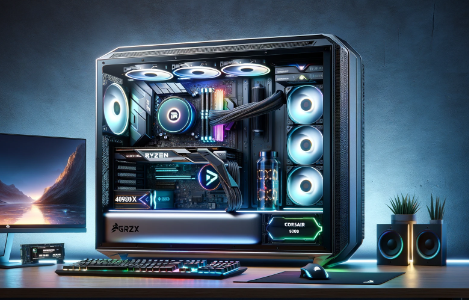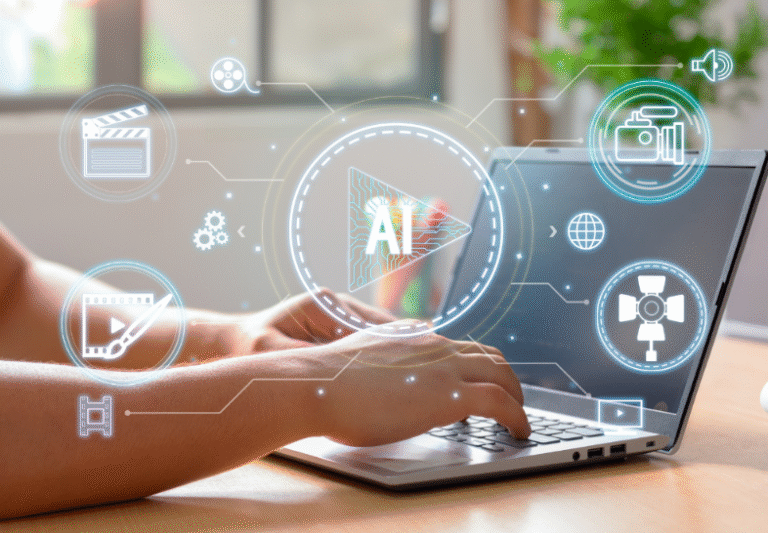The Role of Technology in Modern Healthcare Innovations
The integration of technology in healthcare has reshaped patient interactions and treatment protocols. Telemedicine has expanded access, particularly for those in remote areas. Artificial intelligence aids in diagnostics, while wearable devices encourage proactive health management. These innovations not only improve patient outcomes but also redefine the healthcare landscape. Yet, challenges remain in their implementation and accessibility, prompting further exploration into their long-term impacts on the industry.
Telemedicine: Bridging the Gap in Healthcare Access
As the demand for healthcare services continues to rise, telemedicine has emerged as a vital solution to address disparities in healthcare access.
By facilitating remote consultations, telemedicine empowers patients to engage actively in their health management.
This innovative approach not only enhances accessibility for underserved populations but also fosters patient engagement, ultimately transforming how healthcare is delivered and experienced in diverse communities.
See also: Top Programming Languages You Need to Learn in 2025
Artificial Intelligence: Enhancing Diagnostics and Treatment
Although the integration of artificial intelligence (AI) in healthcare is still evolving, its potential to enhance diagnostics and treatment is already evident.
Machine learning algorithms analyze vast datasets, enabling predictive analytics that identify disease patterns and forecast patient outcomes.
This innovation empowers healthcare providers to make informed decisions, ultimately improving patient care and optimizing treatment strategies while fostering a more efficient healthcare system.
Wearable Technology: Empowering Patients and Monitoring Health
Wearable technology has transformed the landscape of personal health management by providing individuals with real-time data about their physiological conditions.
This innovation enhances patient engagement and promotes proactive health monitoring, particularly through fitness tracking devices. Users can easily track vital metrics, leading to informed decisions about their wellbeing.
Ultimately, wearable technology empowers patients, fostering a culture of self-management and health awareness.
Conclusion
In conclusion, the integration of technology in healthcare embodies the adage “necessity is the mother of invention.” As telemedicine expands access, artificial intelligence refines diagnostics, and wearable devices promote proactive health management, these innovations collectively reshape patient experiences and outcomes. Embracing these advancements not only addresses current challenges but also paves the way for a more efficient and responsive healthcare system. The future of healthcare lies in harnessing technology to meet the evolving needs of patients and providers alike.






